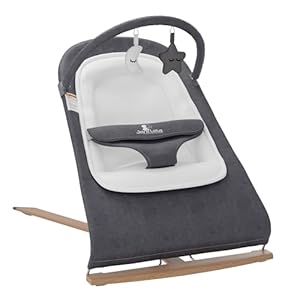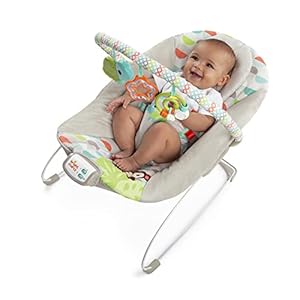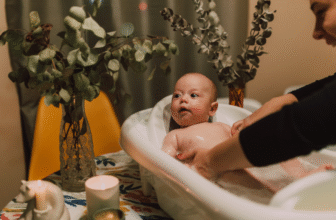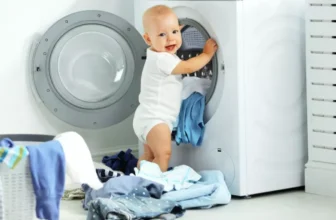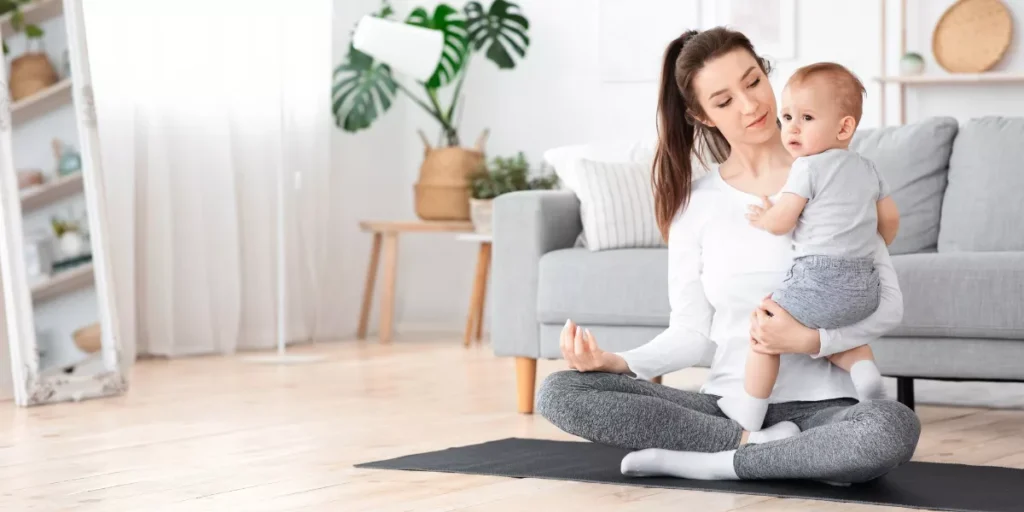
Maintaining proper hygiene practices for your baby is crucial for their health and well-being. From bathing routines to diaper changes, every step plays a vital role in keeping your little one clean and comfortable. Ensuring you follow the best practices will not only prevent infections but also create a safe environment for your baby to thrive. Remember, a few simple habits can go a long way in promoting good hygiene for your precious bundle of joy.
Importance of Baby Hygiene
Ensuring proper hygiene for your baby is crucial for their health and well-being. Regular baths using mild baby soap help keep your baby clean and fresh. Remember to clean all the little folds and creases where dirt can accumulate, especially behind the ears, under the chin, and in the diaper area. Keeping your baby’s nails trimmed and clean is also important to prevent scratches and reduce the risk of infection.
Additionally, washing your hands before handling your baby is essential to prevent the spread of germs. Make sure to clean your baby’s toys and pacifiers regularly, as they can also harbor bacteria. Choosing gentle, baby-friendly laundry detergents for washing your baby’s clothes and bedding helps prevent skin irritations.
Proper hygiene extends to the environment as well. Regularly disinfecting commonly touched surfaces in your home, such as doorknobs and light switches, can help reduce the risk of infections. Remember, a clean environment promotes your baby’s health and safety.
Diapering Best Practices
To maintain optimal hygiene for your baby, proper diapering practices are key to preventing skin irritations and infections. When changing your baby’s diaper, it’s essential to have all the supplies within arm’s reach to avoid leaving your baby unattended.
Start by gently cleaning the diaper area with fragrance-free baby wipes or a soft cloth soaked in warm water. Remember to wipe from front to back for girls to prevent any bacteria from entering the urinary tract. For boys, ensure the penis is cleaned gently and thoroughly. Allow the diaper area to air dry before putting on a fresh diaper to prevent moisture buildup, which can lead to diaper rash.
When fastening the diaper, make sure it’s snug but not too tight to allow for proper airflow. Be diligent about changing diapers frequently to prevent prolonged exposure to urine and feces, which can cause skin irritation. By following these diapering best practices, you can help keep your baby comfortable and free from diaper-related skin issues.
Bath Time Essentials
Are you aware of the essential bath time products needed to ensure your baby’s hygiene and comfort? When it comes to bath time essentials, there are a few key items you shouldn’t overlook.
First and foremost, a gentle baby wash or soap designed specifically for infants is crucial. Look for products that are free from harsh chemicals and fragrances to prevent any skin irritations. A soft baby washcloth is also essential for gently cleansing your baby’s delicate skin.
Additionally, a baby bathtub that provides adequate support and safety features is a must-have. This will make bath time more comfortable for your little one and give you peace of mind.
Don’t forget about baby-friendly shampoo to keep your baby’s hair clean and healthy. Opt for a tear-free formula to avoid any discomfort if it accidentally gets into your baby’s eyes.
Lastly, a soft hooded towel and a gentle baby brush for post-bath grooming are important to keep your baby cozy and looking their best. By having these bath time essentials on hand, you can ensure a safe and enjoyable bathing experience for your little one.
Skincare Tips for Babies
For maintaining your baby’s soft and delicate skin, implementing proper skincare practices is essential. To keep your baby’s skin healthy, opt for gentle and fragrance-free baby skincare products to prevent irritation.
During bath time, use lukewarm water and limit it to about 5-10 minutes to avoid drying out your baby’s skin. Pat your baby dry with a soft towel instead of rubbing to prevent irritation. Moisturize your baby’s skin regularly, especially after baths, to lock in moisture and keep the skin hydrated. Be sure to choose a mild and hypoallergenic moisturizer suitable for your baby’s sensitive skin.
Additionally, protect your baby’s skin from the sun by keeping them in the shade and dressing them in lightweight, protective clothing. If sun exposure is unavoidable, use a baby-safe sunscreen with at least SPF 30 and apply it generously. Remember to do a patch test before trying out any new skincare product to ensure it’s safe for your baby’s skin.
Nail Care and Hair Hygiene
Implement proper nail care and hair hygiene practices to ensure your baby stays clean and healthy. When it comes to nail care, regularly trim your baby’s nails to prevent scratching and potential infection. Use baby-safe nail clippers or emery boards to avoid any accidental cuts. It’s best to do this when your baby is calm or sleeping to minimize movement. Keep nails short and clean to reduce the risk of dirt buildup.
For hair hygiene, gently wash your baby’s hair with a mild baby shampoo 2-3 times a week. Use a soft baby brush to prevent cradle cap and stimulate the scalp. Be cautious around the soft spot on your baby’s head, known as the fontanelle. Pat the hair dry with a soft towel to avoid damage. Avoid using adult hair products on your baby as they may contain harsh chemicals.
Maintaining proper nail care and hair hygiene practices will contribute to your baby’s overall cleanliness and health. By incorporating these simple routines into your baby’s care regimen, you can help them stay fresh and comfortable.
Baby products

